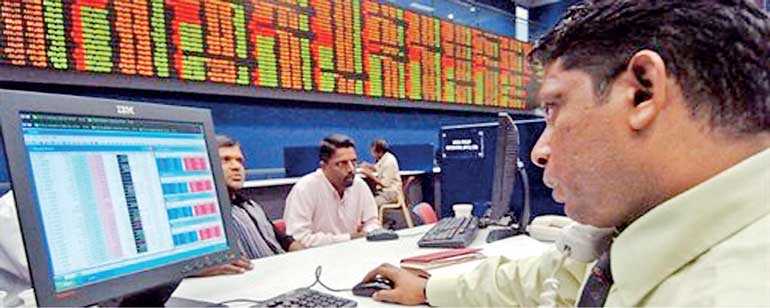Monday Feb 16, 2026
Monday Feb 16, 2026
Friday, 24 August 2018 00:00 - - {{hitsCtrl.values.hits}}
 Reuters: The rupee hit a fresh low of 160.82 per dollar on Thursday as importer dollar demand and foreign outflows from government securities weighed on the currency, dealers said.
Reuters: The rupee hit a fresh low of 160.82 per dollar on Thursday as importer dollar demand and foreign outflows from government securities weighed on the currency, dealers said.
The rupee closed at 160.73/83 per dollar in thin trade, compared with Tuesday’s close of 160.60/70. The markets were closed on Wednesday for a holiday.
The local currency surpassed its earlier record of 160.65 hit in the previous session. The currency has declined 4.7% so far this year.
“There was dollar demand. There were no remittances because exchange houses were closed due to Eid holidays. Until salary remittances come in, the pressure will be there,” a currency dealer said asking not to be named.
“Generally, September is a month when we see a lot of imports for the year-end. So, we think the rupee will be under pressure.” Absence of dollar conversions by exporters and outflows from equities pushed the rupee lower, said analysts.
Foreign investors sold shares worth a net Rs. 888.8 million ($ 5.54 million) in the five sessions through Tuesday. Exporters are holding on to dollars as they expect the local currency to decline further, dealers said.
Asian currencies fell against a resurgent dollar on Thursday as investors awaited US Federal Reserve Chair Jerome Powell’s speech on Friday for fresh cues.
The Sri Lankan currency is also hurt by declines in the Indian rupee, as India is Sri Lanka’s biggest trading partner. The Indian rupee, which hit a record low on Aug. 16, is the region’s worst performing currency this year.
Sri Lanka’s Central Bank Governor Indrajit Coomaraswamy told reporters after holding key monetary policy rates steady that several emerging market currencies had declined more than the Sri Lankan rupee, adding that “if we reduce rates that would put further pressure on the exchange rate”. Foreign investors sold government securities worth a net 818 million in the week ended 15 August, bringing the outflow so far this year to Rs. 3.99 billion, Central Bank data showed.